Islamic scholars urge global Muslim unity to defend Gaza
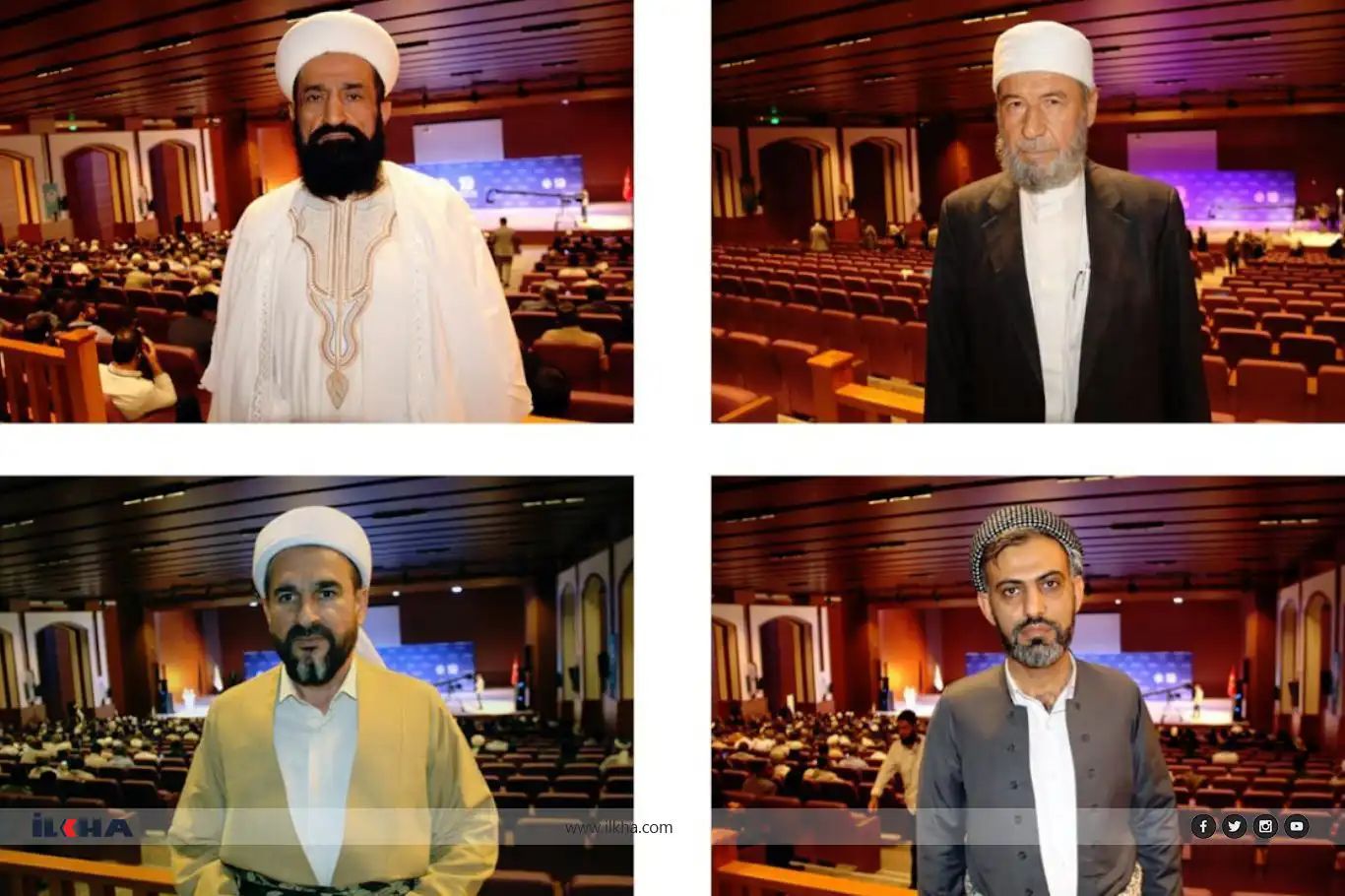

As Gaza continues to face relentless bombardment, mass displacement, and a humanitarian crisis of unprecedented scale, leading Islamic scholars have issued an urgent call for unity across the Muslim Ummah.
They warn that the ongoing genocide in Gaza is not only a political or territorial issue but a profound moral and spiritual crisis, deeply intertwined with the erosion of family values and societal ethics across Muslim communities.
Speaking to Ilke News Agency (ILKHA), prominent scholars and religious leaders from various regions addressed the critical issues facing Gaza and the broader Muslim world. The discussions focused on family education, social morality, Gaza’s resistance, and the collective responsibilities of the Ummah. Their overarching message: Muslims worldwide must rise to confront both external oppression and internal moral decline.
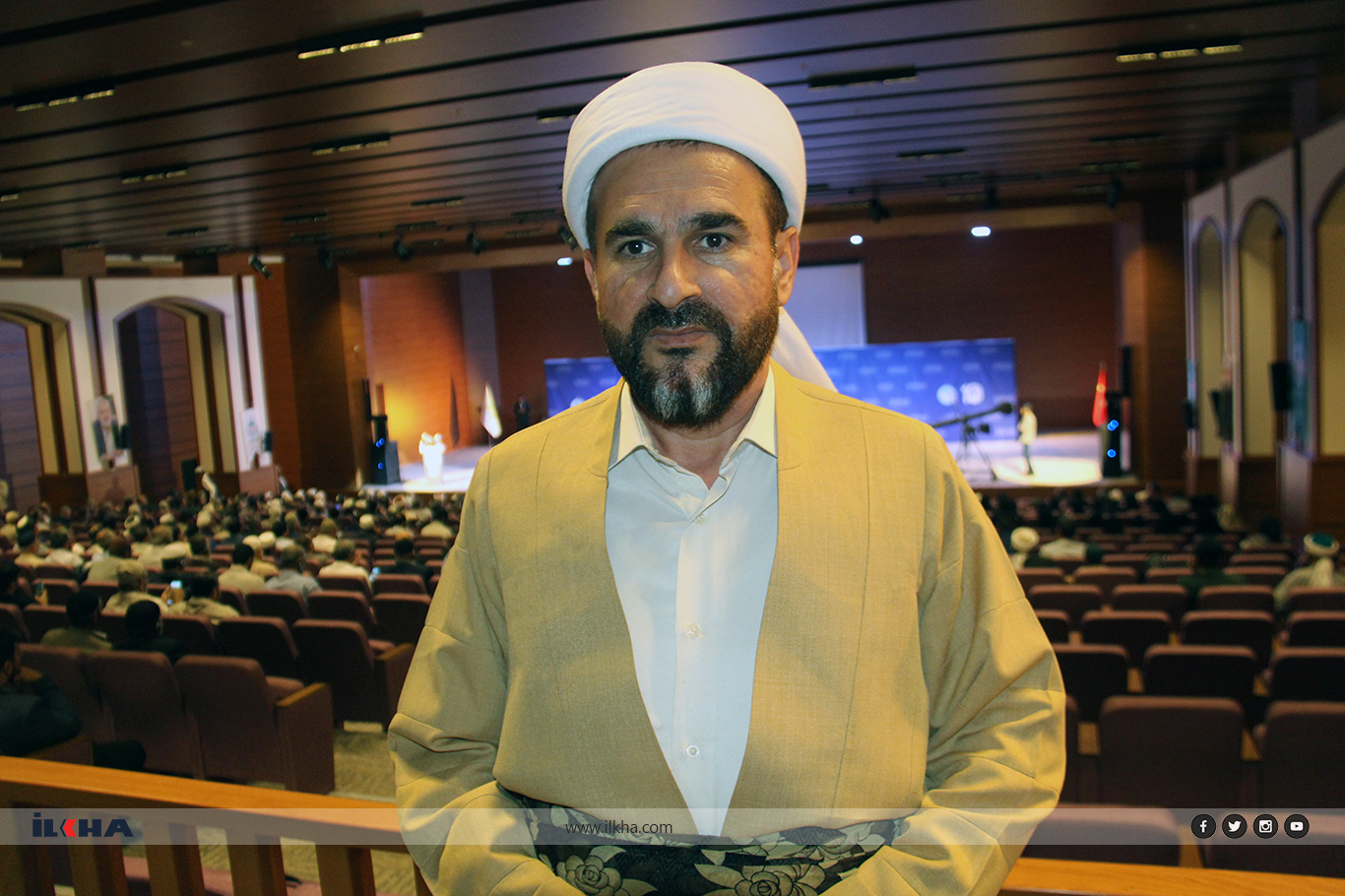
Yunus Bawyani
“Gaza is the Honor of the Ummah”
Yunus Bawyani, President of the Imam and Hücre Association, framed Gaza not merely as a geographic region, but as a symbol of the dignity and resilience of the Islamic Ummah.
“Gaza is not just a geography; it is the honor of the Ummah. The eyes of Muslims around the world are on Gaza, and its struggle is our struggle,” Bawyani said.
He described the ongoing violence as a brutal genocide, encompassing forced displacement, starvation, and indiscriminate attacks, all carried out in violation of human and international rights. Bawyani praised the steadfastness of Gaza’s population, which has resisted global powers for more than two years without abandoning its faith or homeland.
“They have defended their sacred values with their wealth and lives, making immense sacrifices. Even now, with a ceasefire in place, it is the responsibility of the entire Ummah to support them—financially, morally, and spiritually,” he added.
Bawyani stressed that the Islamic Ummah must unite across ethnic, linguistic, and national divisions to respond to the suffering of Palestinians, citing the Qur’anic verse, “Believers are but brothers,” as a moral imperative. He also lamented the failure of some Arab leaders to protect their Palestinian kin, warning that inaction undermines the collective responsibility of Muslims worldwide.
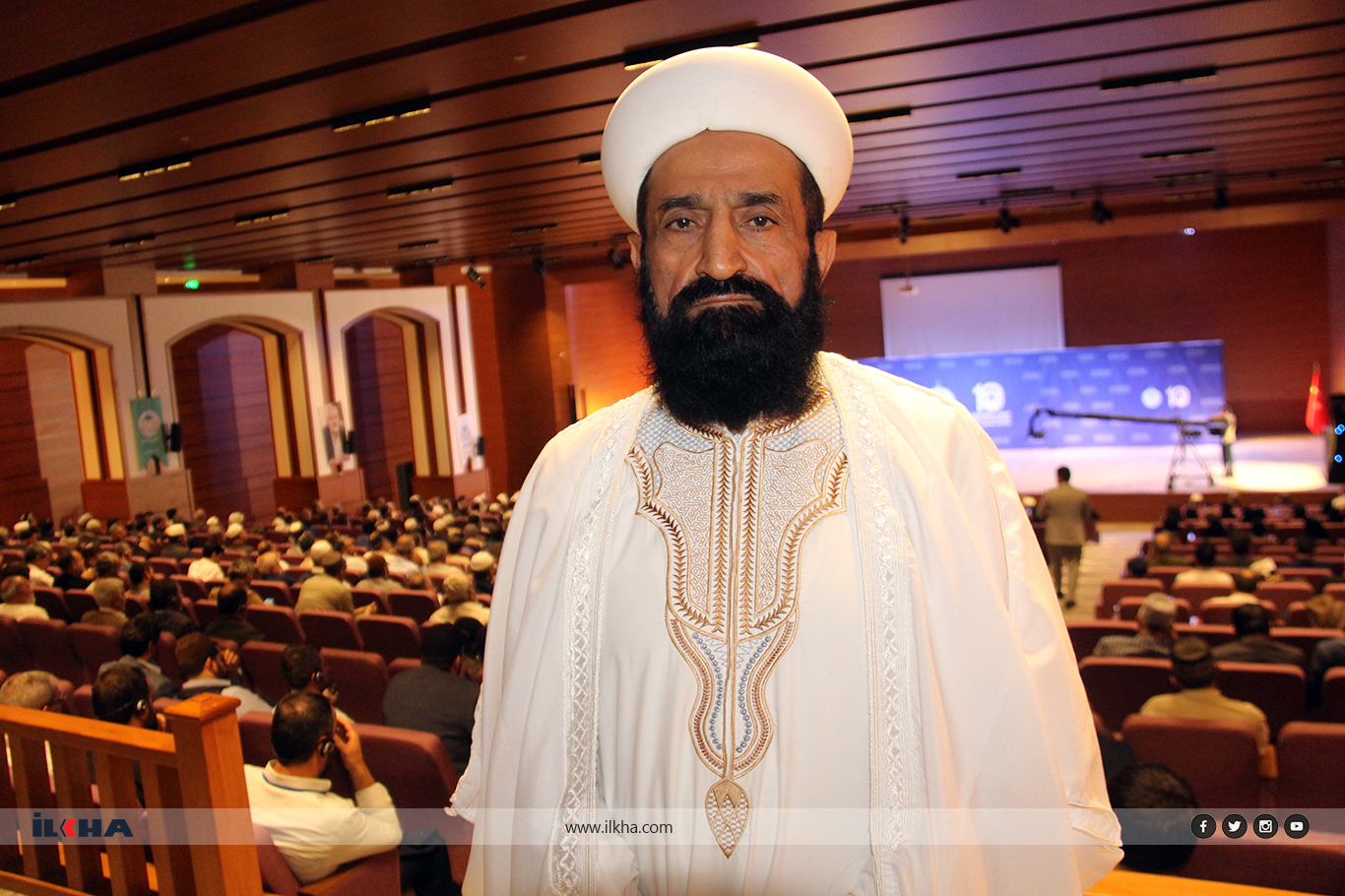
Rashid Sigeri
Family: The Foundation of a Moral Society
Rashid Sigeri, Deputy Secretary-General of the Iraqi Scholars’ Association, emphasized that the family is the core of society and the foundation upon which moral and spiritual resilience is built.
“The upbringing and education of the family is extremely important because society is built upon the family. The strength of society lies in morality. If morality is lost, society loses its power,” Sigeri stated.
He drew lessons from the era of early Islamic scholars, highlighting the importance of balanced education coupled with vigilant oversight. Families, he argued, must be nurtured in accordance with Islamic principles to create communities that are ethically strong and spiritually grounded.
Sigeri warned that external forces are deliberately targeting Muslim youth, including boys and girls, with the goal of dismantling family structures and weakening societal cohesion.
“Enemies are attacking this system, aiming to destroy our youth all at once. That is why moral education is not only a societal need but a divine obligation. Scholars must act to restore ethics and guidance within families and communities,” he said.
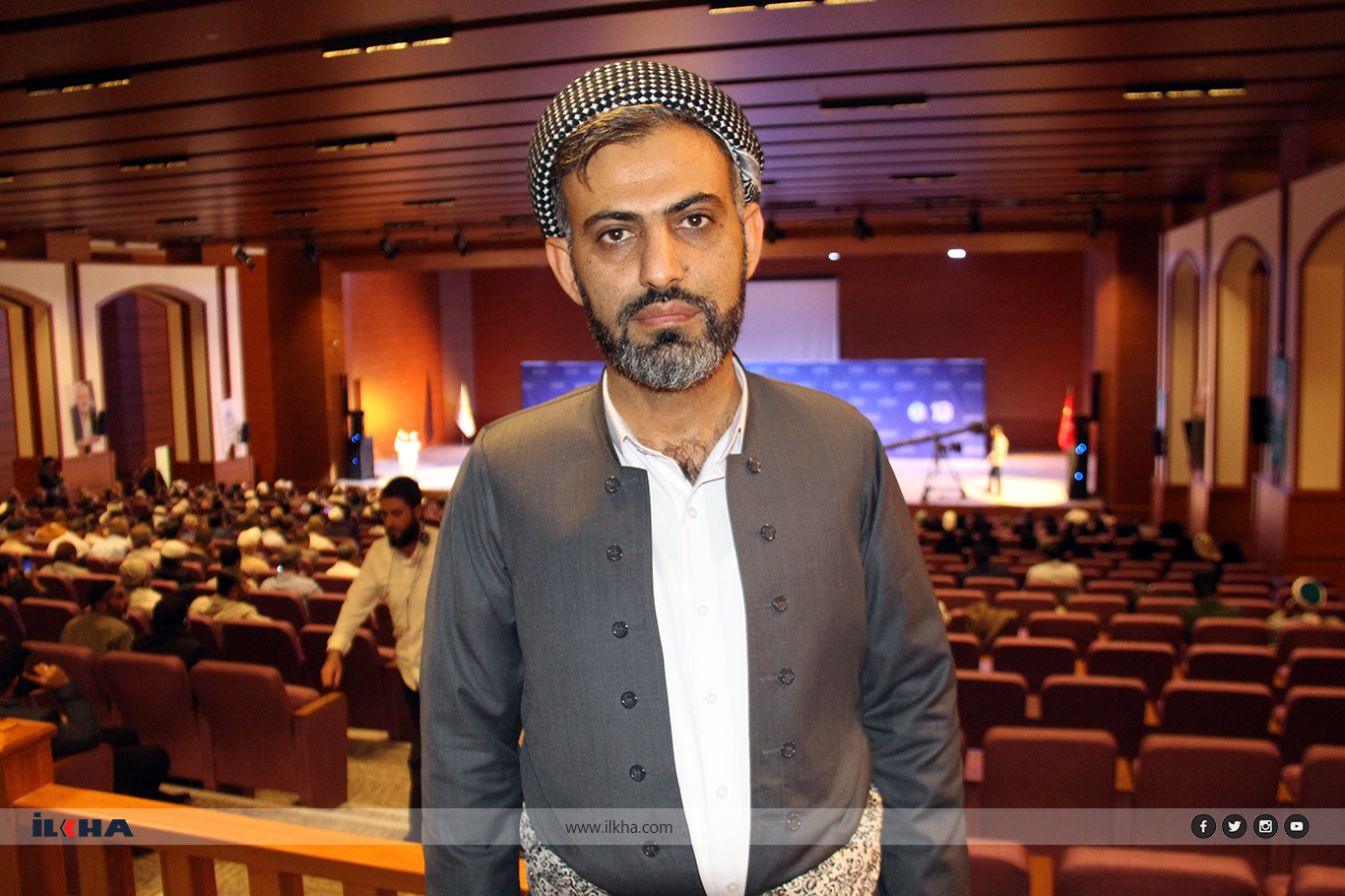
Safil Khetêl
A Collective Responsibility Against Israeli ambitions
Safil Khetêl, an instructor at Nurî Hikmet Madrasa, framed Gaza’s struggle within a wider geopolitical context, highlighting what he described as Zionist ambitions to dominate the region from the Nile to the Euphrates.
“The Zionists want everything for themselves and aim to establish a state there. Resistance to this threat is not just Gaza’s duty; it is the responsibility of the entire Ummah,” Xetêl said.
He called for Muslims from all communities—Arab, Kurdish, Turkish, and beyond—to unite and stand against this project. Drawing on historical examples, Xetêl reminded the Ummah that previous generations fought side by side to defend Islamic lands and values.
“Our ancestors fought together against common enemies, and Islam united them. With Allah’s will, Gaza can serve as a catalyst for renewed solidarity. If we succeed, by Allah’s permission, we will be the victors,” he stated.
Khetêl also emphasized that this struggle is both moral and strategic, requiring coordination between scholars, leaders, and ordinary believers to strengthen collective action and resistance against external aggression.
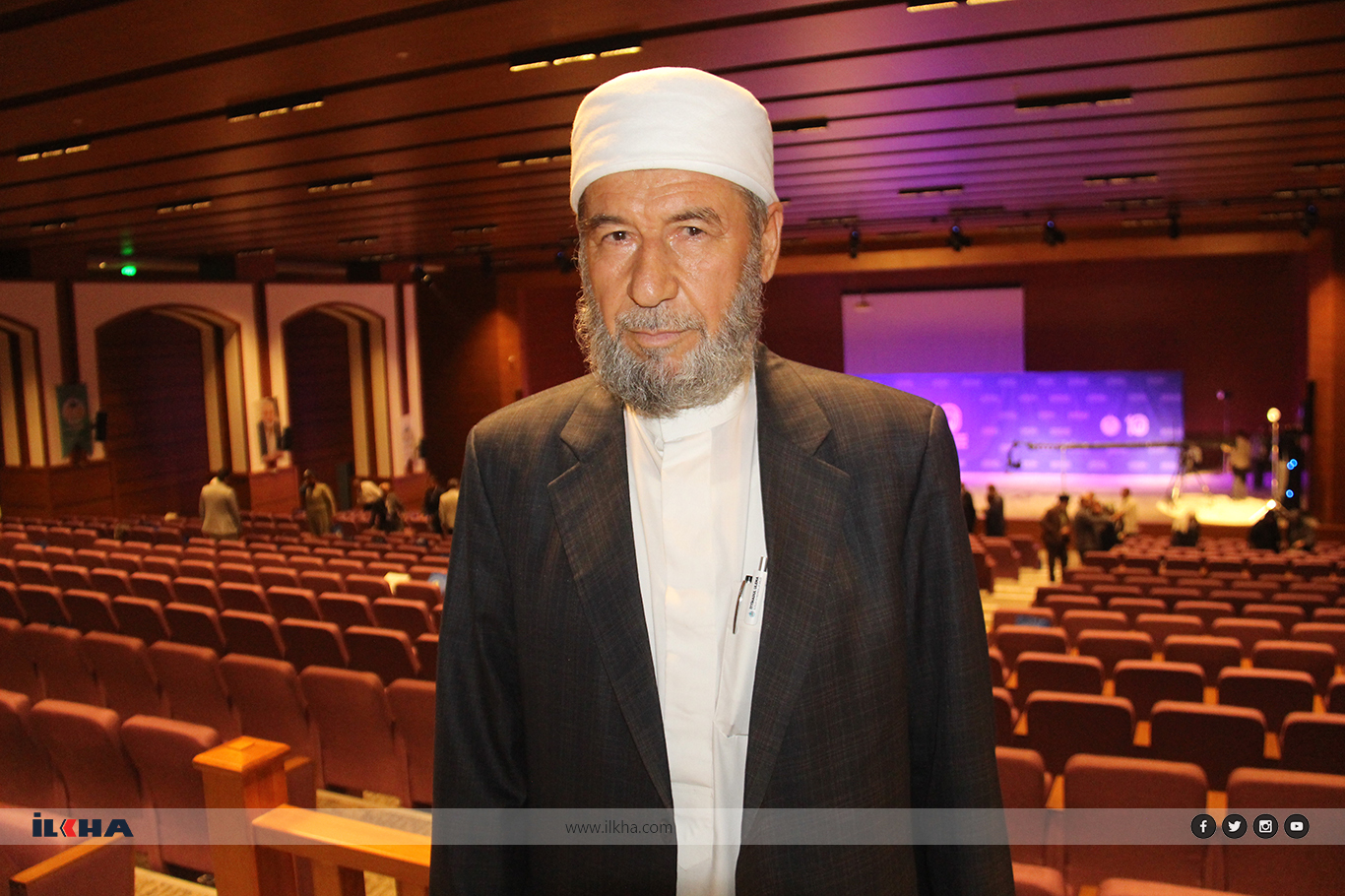
Vezir Aslan
Jihad Beyond the Battlefield
Islamic scholar Vezir Aslan elaborated on the concept of jihad, emphasizing that it is a multidimensional duty encompassing armed struggle, intellectual effort, advocacy, and financial support.
“Jihad is not only with weapons but also with wealth and speech. Scholars have a responsibility to awaken public consciousness and mobilize communities,” Aslan explained.
He noted that while groups like HAMAS are engaged in armed resistance, other members of the Ummah can participate through financial aid, advocacy, education, and intellectual contributions.
“Whenever Islamic lands are invaded, jihad becomes obligatory. If it cannot be waged with weapons, it must be waged with wealth; if that is not possible, it must be waged with speech. Everyone has a role according to their capacity,” he added.
Aslan stressed the importance of collective responsibility, asserting that the Ummah’s unity is critical for safeguarding Gaza, defending moral values, and fulfilling religious and humanitarian duties.
Gaza as a Moral and Spiritual Test for the Ummah
The scholars collectively emphasized that the crises in Gaza and the erosion of family structures are inseparable. Both threaten the spiritual, moral, and social resilience of the Muslim world. By reinforcing family education, fostering solidarity across the Ummah, and mobilizing support for Gaza, Muslims can protect both the oppressed and the ethical foundations of their own communities.
“The crises in Gaza and within Muslim societies are interconnected. Supporting Gaza and restoring morality is not optional; it is a religious and humanitarian duty,” the scholars declared.
As Gaza continues to endure siege, violence, and humanitarian collapse, the scholars’ message is clear: the survival of Gaza, the preservation of family structures, and the moral strength of Muslim societies worldwide depend on unified action. Through education, advocacy, financial support, and moral leadership, the Ummah is called upon to defend the oppressed and restore justice, dignity, and ethical foundations across Muslim communities. (ILKHA)
LEGAL WARNING: All rights of the published news, photos and videos are reserved by İlke Haber Ajansı Basın Yayın San. Trade A.Ş. Under no circumstances can all or part of the news, photos and videos be used without a written contract or subscription.
The Turkish Foreign Ministry has issued a statement welcoming the recent ceasefire agreement between Afghanistan and Pakistan, brokered through joint mediation by Türkiye and Qatar.
Turkish Foreign Minister Hakan Fidan has announced that Türkiye is ready to serve as a guarantor for the implementation of a two-state solution in Palestine, positioning Ankara as a pivotal player in securing lasting peace in the Middle East.
A charity bazaar organized by the Batman branch of the Orphans Foundation (Yetimler Vakfı) in the Gercüş district has drawn strong participation from local residents, with all proceeds set to be donated to orphaned and needy families.